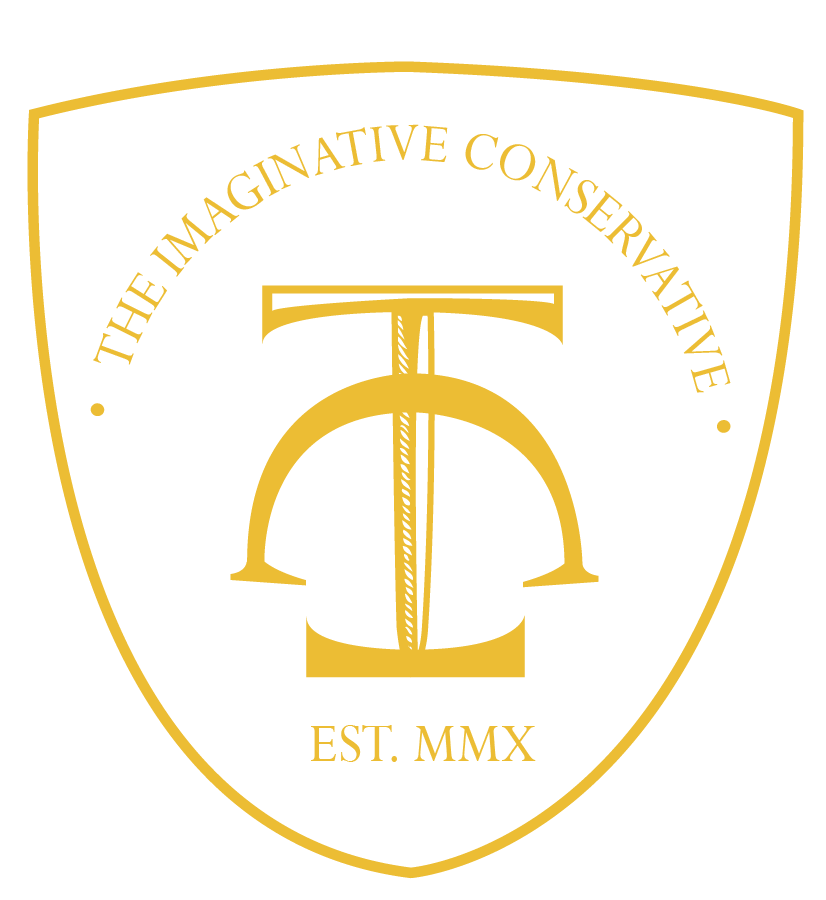Here's another source for that Fractal Topology of Time paper:
Download A Fractal Topology of Time...

kupdf.net
A Reddit comment I composed the other day that turned into a mini essay, followup on that same CS Lewis quote
"Supposing there was no intelligence behind the universe, no creative mind. In that case, nobody designed my brain for the purpose of thinking. It is merely that when the atoms inside my skull happen, for physical or chemical reasons, to arrange themselves in a certain way, this gives me, as a by-product, the sensation I call thought. But, if so, how can I trust my own thinking to be true? It's like upsetting a milk jug and hoping that the way it splashes itself will give you a map of London. But if I can't trust my own thinking, of course I can't trust the arguments leading to Atheism, and therefore have no reason to be an Atheist, or anything else. Unless I believe in God, I cannot believe in thought: so I can never use thought to disbelieve in God.". -- CS Lewis
The quote leads to another metaphysical/epistemological question -- where does logic itself come from? Is it merely a human construct or does it somehow exist separate from the trappings of human language?
In either case, our logic has led us to science. Our science, at first, led us to seeing the order/logic in everything. The predictable movement of heavenly bodies. The discrete chunks of radiation coming from atoms. Etc. All examples of using math and logic to make accurate predictions about the nature of our world.
But then as we learned even more, our science has led us to see just how CHAOTIC and UNPREDICTABLE our universe truly is. Einstein was convinced that God doesn't play dice with the universe, but things like Werner Heisenberg's Uncertainty Principle (
https://en.m.wikipedia.org/wiki/Uncertainty_principle), Kurt Godel's Incompleteness Theorems (
https://en.m.wikipedia.org/wiki/Gödel's_incompleteness_theorems), the Three Body Problem (
https://en.m.wikipedia.org/wiki/Three-body_problem), and heck even Alan Turing's Halting Problem (
https://en.m.wikipedia.org/wiki/Halting_problem -- remember that algorithms have been a concept since before computers, so if nature is math at the basic level, the Halting Problem applies!) all seem to lead to the inherent randomness and unknowability of the world at the fundamental level.
That might be a fine place to end it if one is okay being a nihilist, unconcerned with finding meaning or reason in this world. And I get that, I do -- I spent much of my youth believing that nihilism was the answer to the ultimate question. But if one wants to be a rational thinking person, one then has to wonder why they should trust their own thoughts that led them to their nihilism. If our consciousness just arises from the fundamental chaos that is inherent to the matter that composes our physical forms, then why should we trust it at all?
The best argument for how we could have rational thinking minds in a secular, Godless universe, when considering what we know of modern science, is in the Boltzmann Brain thought experiment (
https://en.m.wikipedia.org/wiki/Boltzmann_brain)... and it, like Schrodinger's famous cat-in-a-box thought experiment, was originally intended to be a REDUCTIO AD ABSURDUM argument! The assumption that we were the lucky primate at the end of a chain of infinite monkeys with infinite typewriters that finally wrote something intelligent, and it propagated from there like a meme (in the Dawkins sense). That's the best argument there is from the secular side as far as I can tell, tho I would really like it if someone proposed any other possibilities.
So considering that, it sees to me that it's hard to say which argument falls on which side of Occam's razor. I don't discredit anyone who sees all that and still favors the godless hypothesis -- we can't disprove it. But to this commenter at least, it genuinely seems a little more absurd to to assume that we are just the lucky children of chaos, than it is to assume that there is a source of logic and rationality that transcends our physical world. And the best name I have for that thing, other than the Platonic Realm (
http://en.wikipedia.org/wiki/Theory_of_forms), is just to call it God.
Tl;Dr -- not a single one of us has actually seen a perfect circle or a perfect sphere, and yet every single culture has independently come to an identical and clear concept of what a perfect circle is supposed to be. How could we all agree on what a perfect circle is if we are the ones that came up with the idea in the first place?












